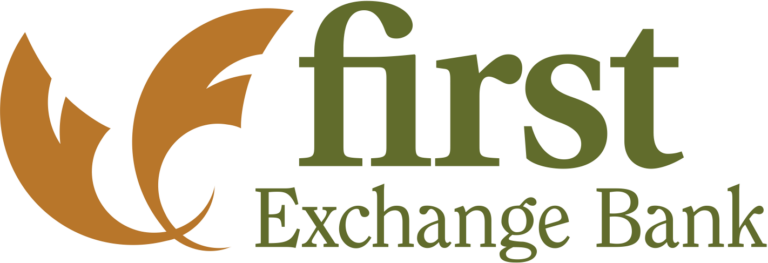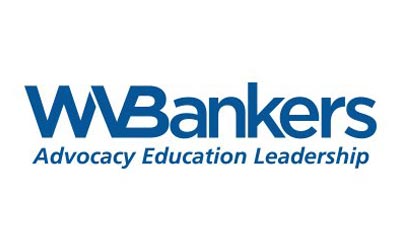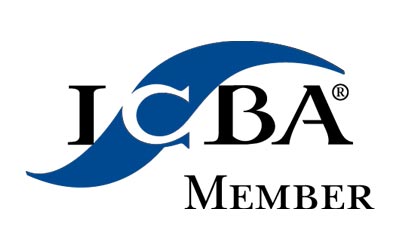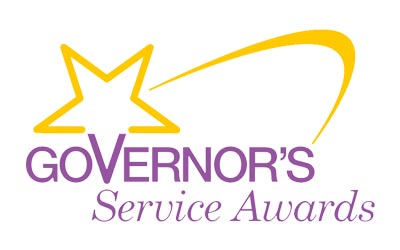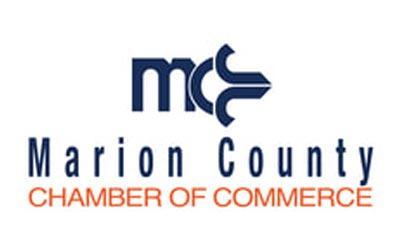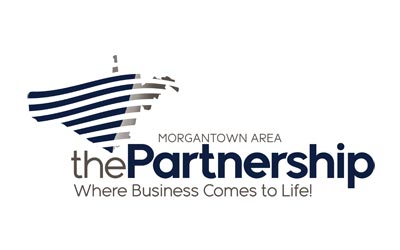West Virginia has been experiencing the same real estate trends as the rest of the country: low supply and increased demand driving up prices while mortgage interest rates stay historically low, according to a recent article in WV News. For homeowners considering a mortgage refinance, this means you could lock in a lower interest rate while also taking advantage of your home’s increased value if you want to finance a renovation or other large expense with your equity. Millions of American homeowners have already taken advantage of the current market to refinance their mortgages. In this article, we’ll help you weigh the pros and cons of refinancing so you can decide if it’s the right time for you!
What Is A Mortgage Refinance?
Refinancing your mortgage means applying for a new home loan to replace your current one. You’ll go through the same process of filling out a mortgage application, supplying supporting documentation, and signing paperwork on closing day. Your previous mortgage will automatically be paid by the new one and payments on your new mortgage will begin within the month. There are two primary types of mortgage refinancing: rate-and-term and cash out. Let’s take a closer look at the reasons to refinance your mortgage.
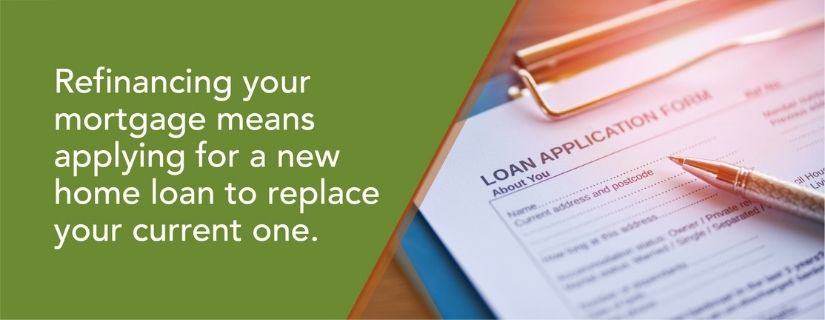
6 Common Reasons to Refinance A Mortgage
Most people refinancing their mortgage are motivated by one of the following:
- Lock in a lower interest rate because current rates are lower than when you got your mortgage.
- Lower your monthly mortgage payment with a lower interest rate or by lengthening your repayment term.
- The introductory fixed rate period on your ARM loan has ended and you want to switch to a fixed-rate mortgage.
- Your household income has increased and you want to shorten your mortgage repayment term to pay off your home faster and save money on total interest paid.
- You’ve accumulated enough equity in your home to convert some of it into cash to use for renovations or other big expenses.
- You feel crushed by your higher interest debt, such as credit card balances, and want to use some of your equity to consolidate it into a lower-interest mortgage loan.
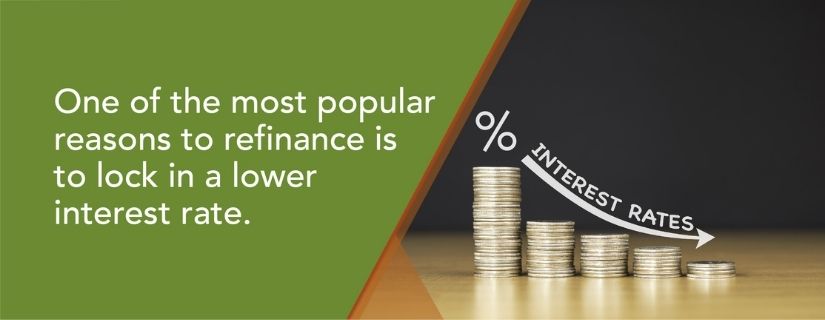
How Does The Mortgage Refinance Process Work?
As mentioned earlier, refinancing your mortgage is similar to the original mortgage process you went through. Only now you already live in your home, so you don’t have to pay for a home inspection or go through the process of moving. Here’s what you can expect from the process of refinancing your mortgage:
Required Documentation
- Credit report and credit score
- Payment history on your current mortgage
- Income and employment history
- Your house’s current market value
- The amount of equity in your home
- Any other debts or financial obligations
Application review
Underwriters review your mortgage application and supporting documents to determine the level of risk of lending you money.
Home Appraisal
A professional home appraiser will come out to review your home and provide a report of its features and current market value. You can get ready for the home appraisal by decluttering and making any small repairs that are needed.
Closing
Once your loan is approved, and all requirements are met a closing date will be scheduled and you’ll receive a breakdown of closing costs, which you can either pay in cash or roll into your new loan. If you’re doing a cash-out refinance, you’ll receive the funds after closing by a check, direct deposit into your checking or savings account, or via a wire.
Please note that most closings can take around 2 months, sometimes more, depending on appraisal turnaround time, title exam, and if any other issues arise.

How Much Does It Cost to Refinance A Mortgage
Just as there were costs associated with your first mortgage, you will also have some closing costs with your refinance, about 2%-5% of your loan principal. First Exchange Bank’s general costs to refinance include:
- Loan origination fee: About 0.5%-1.0% of the total loan amount
- Appraisal fee: $450-$600, depending on the size of the home
- Credit check: Averages about $25-$50, but at First Exchange Bank, we do not charge for credit checks!
- Attorney fees: $600-$700
- Flood determination fee: $13
The fees noted above are generally less than fees charged by other lenders. We invite you to compare our costs to those of other lenders.
So, is refinancing your mortgage worth the closing costs? Let’s weigh the considerations in the next section.
Is A Mortgage Refinance Worth the Cost?
If you’re refinancing to get cash out or consolidate higher interest debt, you may decide that the closing costs are worth it regardless of how long you plan to stay in the home. However, rate-and-term refinancers motivated by potential savings should calculate how long they need to keep the home after refinancing to at least break even on closing costs.
To calculate your break-even point, divide your total closing costs by the amount you’ll be saving on your monthly mortgage payment. For example, if your closing costs are $4,000 and you’ll save $100/month by lowering your interest rate, it would take 40 months (a little over three years) to break even. That’s why refinancing is best for homeowners who plan to stay at least another five years in their home after refinancing.
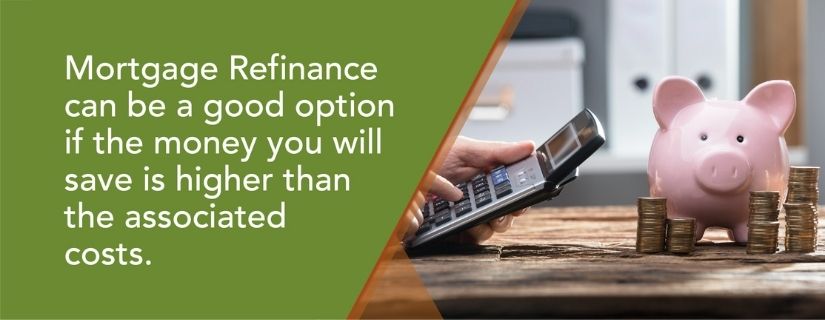
Home Lending Alternatives to Refinancing
If you’re not sure that refinancing is right for you, consider these alternatives:
- Home Equity Line of Credit: A flexible credit line that you can use as needed, up to the borrowing limit. Also secured by your home equity with a variable rate lower than what you’d get with a credit card.
- Personal Loan: Unsecured, so you don’t need to have equity in your home to qualify. Term loan with a fixed rate. Good for smaller planned expenses such as a new laptop or appliance purchase.
Read more about your lending alternatives in Home Equity Line of Credit vs. Personal Line of Credit.
If you’re looking to save on interest, but aren’t ready to refinance right now, you can always make extra payments on your mortgage. Anything extra goes right toward your principal and paying off your mortgage faster will reduce the amount of interest you pay over the life of the loan. You could also try to re-negotiate your homeowner’s insurance policy or look for a cheaper quote from another company. Lowering your insurance premiums can reduce your monthly mortgage payment.
Talk to A Mortgage Lender about Refinancing Your Home Loan!
Interested in refinancing your mortgage? Explore the different types of mortgage loans we offer and contact one of our West Virginia-based mortgage lenders to get answers to your questions. You can also visit your nearest First Exchange location in White Hall, Fairmount, Fairview, Hundred, Morgantown, or Mannington. We can help you determine if a mortgage refinance is right for you!
